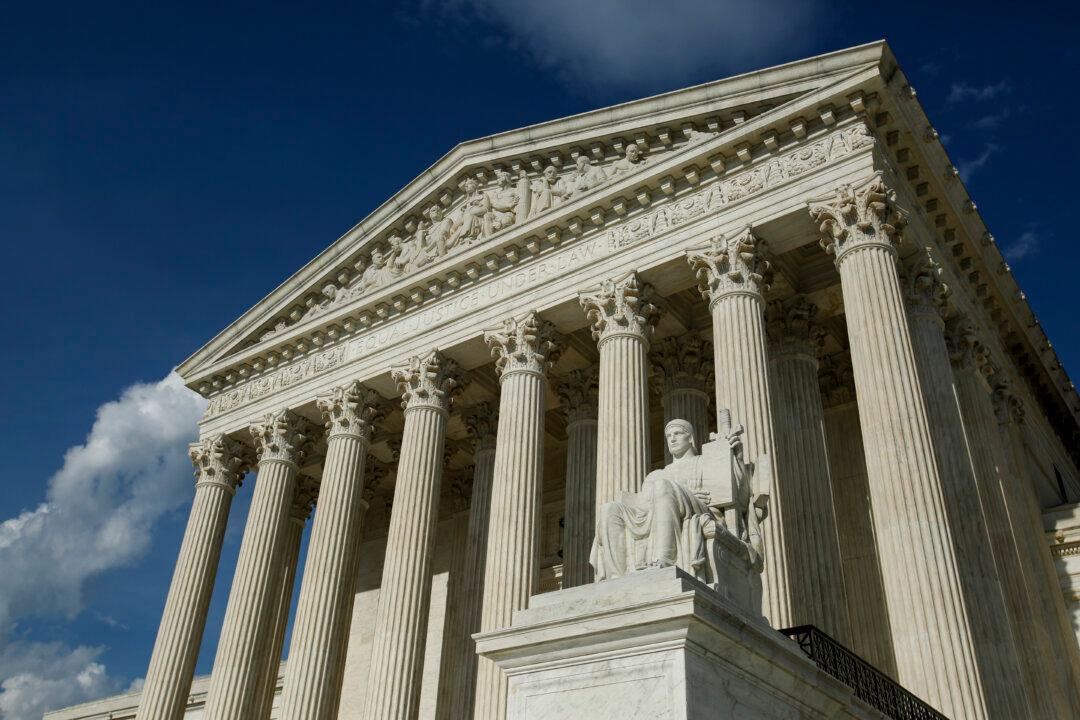This week, the Supreme Court will consider whether it will hear a request from 13 states to be allowed to defend in court a rule designed to screen out would-be immigrants unable to support themselves, a regulation that the Biden administration refuses to defend.
The public charge rule, which has been heavily litigated in federal courts, requires applicants hoping to immigrate to the United States to be able to make their own way financially.





